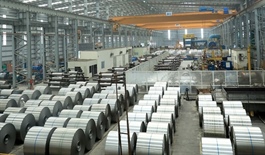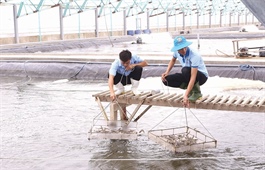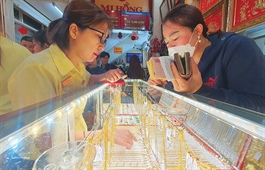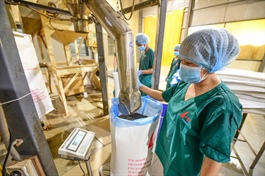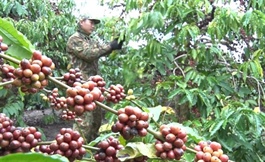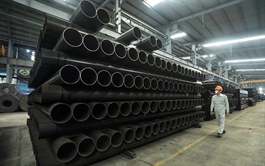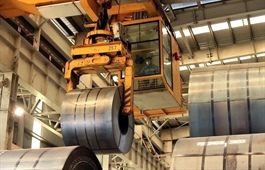Aircon makers expect removal of consumption tax
Aircon makers expect removal of consumption tax
Manufacturers anticipate the end of the special consumption tax on air conditioners to ease their financial burden and expand their business.
Japanese-led air conditioner manufacturer Daikin Vietnam is anxiously expecting an ease in taxes after a number of proposals on removing the special consumption tax (SCT) on air conditioners have been raised.
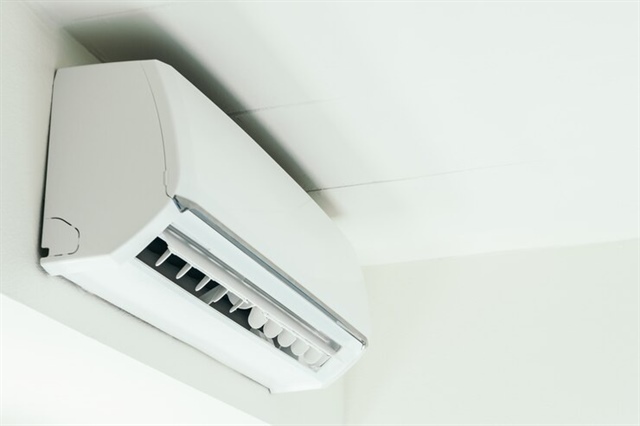
Aircon makers expect removal of consumption tax, Source: freepik.com |
A representative of the company said that the purpose of imposing SCT is to target goods and services that are considered luxury items, or those that contribute to environmental pollution, harm human health, or have a negative impact on the environment. “Given the diverse climates across all three regions of our country, air conditioners have become essential for maintaining health and comfort in both work and living environments. Furthermore, as our society continues to develop rapidly, air conditioners are now considered as a common household necessity,” he explained.
He added that from urban centres to rural areas, nearly every household, including rental houses for low-income individuals or students, is equipped with air conditioners, demonstrating that they are no longer considered a luxury item reserved for high-income individuals.
“Given the current situation, removing the SCT on air conditioners is a rational decision,” he suggested.
Mitsubishi, Toshiba, Sharp, Aqua, LG, and Casper are other key market players in Vietnam currently.
Tax expert Phung Nguyen said, “It is time for Vietnam to remove the SCT on air conditioners to facilitate business operations and improve market competitiveness. Manufacturers of these products now contribute financially to the Vietnam Environmental Protection Fund. We should not make a tax burden on them.”
In late 2024, many National Assembly (NA) deputies at a session discussing draft amendments to the law on SCT proposed that the excise tax should be removed.
According to the draft, air conditioners with a capacity of 90,000 BTU or less are still subject to a tax of 10 per cent. This level has been maintained since 2008.
The NA deputies said that SCT is an indirect tax, meaning that the burden of the tax falls on consumers, as it is included in the final selling price of the product. That leads to an increase in the selling price and may discourage consumer demand, ultimately indirectly lowering standards of living, as well as negatively impacting manufacturers.
NA deputy Ha Sy Dong representing the central province of Quang Tri said, “Air conditioners are an essential need in work and life. Vietnam is probably the only country in the world that imposes such a tax on them.”
For instance, in Japan, import tax, VAT, and fixed asset tax are imposed on air conditioners. These taxes do not affect the market and are deemed acceptable to consumers.
NA deputy Hoang Van Cuong representing Hanoi analysed that the law is aimed to regulate consumer behaviour, discourage the consumption of luxury goods, and limit products that are harmful to health and the environment.
“Therefore, the impact of the law must be to change people’s behaviour, otherwise it will not be achieved. With such a principle, some proposals in the draft still have some unreasonable regulations,” Cuong said.
Nguyen Thi Le Thuy, vice chairwoman of the NA’s Committee of Science, Technology, and Environment suggested, “If the tax on air conditioners continues, it should be applied to refrigerants containing the HCSC substance. This is to encourage the use of environmentally friendly products.”
Starting from January 1, air conditioner manufacturers have been required to contribute financially to the Vietnam Environmental Protection Fund, as outlined in a 2022 decree that was updated last month.
Daikin estimated that the cost incurred could amount to hundreds of thousands of US dollars annually. Financial contributions to the fund demonstrates the extended producer responsibility towards the environment. “Therefore, if an additional environmental tax is imposed, it may further burden the company, potentially halting its business expansion and even leading to a reduction in operations. This could ultimately impact local tax revenues,” the representative noted.
Vietnam is currently one of the largest air conditioning markets in Asia, expected to reach $2.9 billion by the end of 2025, according to data analysts Research and Markets.
It is estimated that each year, the Vietnamese market consumes about two million air conditioners, with the largest growth rate in consumption in Southeast Asia. However, there are very few businesses directly involved in the production of air conditioners in the country.
“In 2025, Daikin Vietnam’s product lines will continue to have features that help optimise performance and reduce electricity costs, such as Intelligent Eye and Econo mode,” said Ryosuke Yoshida, the company’s deputy director.



